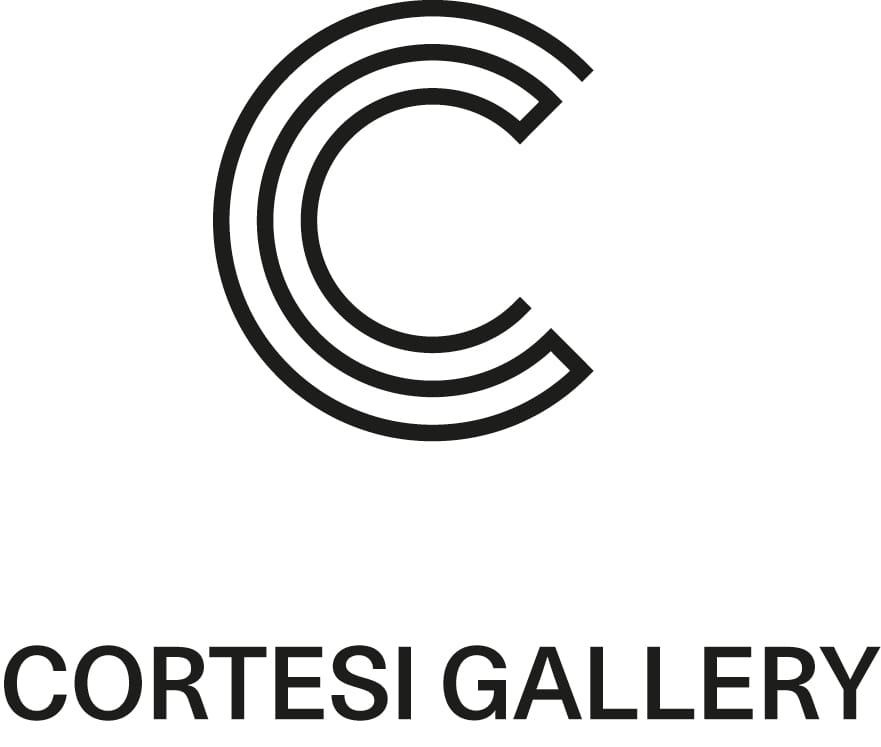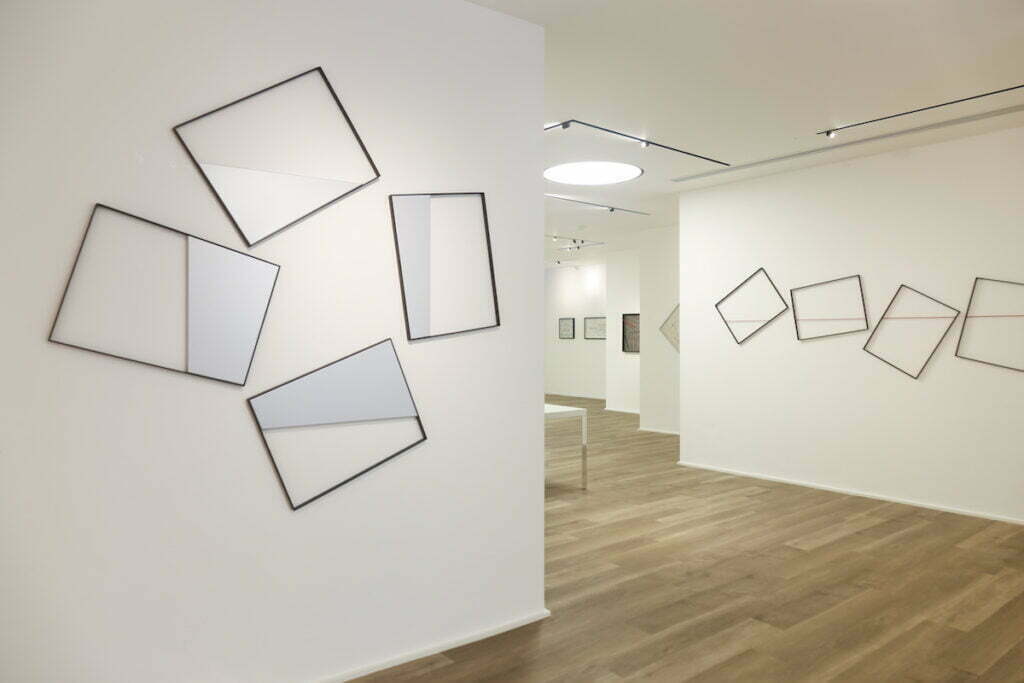Cortesi Gallery is delighted to present, for the first time in London, a solo exhibition by the Italian artist Grazia Varisco.
Following the successful exhibition Grazia Varisco: Filo Rosso 1960/2015 at Cortesi Lugano in Switzerland, the gallery is now pleased to introduce Varisco’s body of work to the London audience.
Born in Milan in 1937, Grazia Varisco has been a key representative of programmed and kinetic art throughout her artistic career. Together with Giovanni Anceschi, Gianni Colombo, Davide Boriani and Gabriele De Vecchi, she was a member of the Italian Gruppo T (T Group, where “T” refers to the concept of time as a new content of art). Founded in 1959 in Milan, Gruppo T was one of the most important collectives of kinetic art in Europe, introducing innovative forms of art through the creation of perceptual experiments and interactive environments designed to encourage and generate different and unexpected reactions in the viewer.
Varisco was one of the earliest artists who explored concepts such as motion and changes in time, while seeking a direct interaction with her audience. Through the use of simple geometric signs, her artworks inhabit the space around them, creating different spatial dimensions that challenge the viewer’s perception and disorientate the senses.
The London exhibition will give the visitors a unique opportunity to experience a comprehensive overview of Varisco’s research, with works spanning from the early ‘60s to recent years. From Tavole Magnetiche (Magnetic Boards, 195961), where magnetic elements based on elementary dialectic polarities like order/disorder, empty/full, open/closed, and symmetrical/asymmetrical, are arranged on metal surfaces and can be moved around, to Schemi luminosi variabili (Variable Luminous Schemes, 1962–64), a series of kinetic objects that use the rotary motion of the overlapping screens is used to produce continuous variations and repetitions, capturing the unconditional attention of the viewer.
The show will also include more recent works, such as Quadri Comunicanti in acciaio (Communicating Paintings in Steel, 2011). Formally minimal, the works nevertheless manage to dominate the surface on which they appear, simultaneously providing a glimpse of continuity and instability.
The exhibition will be accompanied by a fully illustrated catalogue published by Mousse Publishing and edited by Michele Robecchi.

